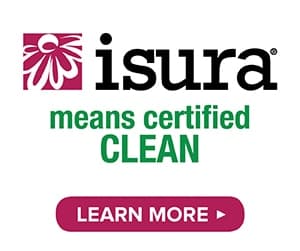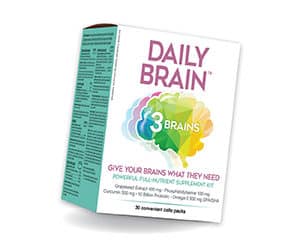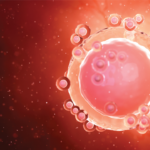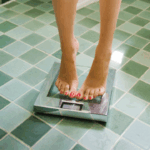
One in eight women will suffer from a serious breast health issue in their lifetime. Breast health can be caused by a variety of factors, such as genetic, hormonal, physiological, and environmental pathogens. One of the main causes of breast diseases is excessive levels of estrogen metabolites. While estrogen is essential for women’s health, excess estrogen can lead to toxicity, causing different types of estrogen-related diseases.
Research suggests that we can reduce the risk of breast-related diseases by approximately 90% with the implementation of healthy strategies. Some of these preventative measures to increase breast health include eating well, staying active, and maintaining a healthy body weight.
8 Steps to increase breast (and overall) health for longevity and to feel better.

1. Get Enough Vitamin D
Vitamin D can reduce the risk of breast cancer by up to 60%. Research shows that women in tropical countries have less risk of breast cancer dude to sufficient healthy vitamin D from sun exposure in comparison to northern countries. I recommend getting your vitamin D levels tested annually by a blood test to ensure you’re getting the optimal amount.
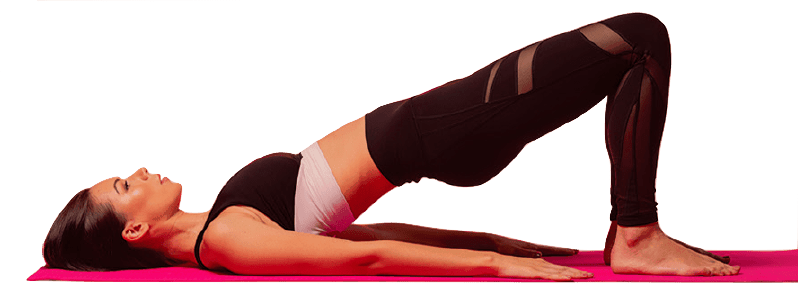
2. Exercise Daily
Find exercise you enjoy, and stick to it! Daily exercise can significantly reduce your risk of developing breast-related diseases, and paired with optimizing vitamin D intake, you can reduce your risk of breast cancer by 80%. Studies show that exercising just 4 hours per week reduces breast cancer by 40%.
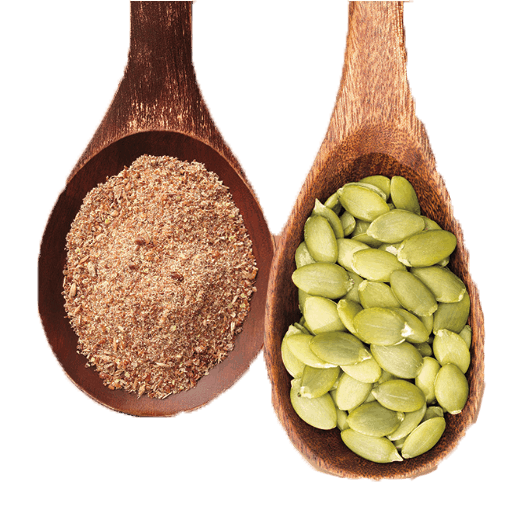
3. Increase your Intake of Phytoestrogen Foods
Phytoestrogens are foods that bind to estrogen receptors. When you eat phytoestrogens foods, such as broccoli, ground flax, and pumpkin seeds, you reduce the activity of stronger estrogens from binding to receptors sites. When these stronger estrogen hormones are active, they can cause breast cells to divide more quickly, and during a high-volume division of cells, there can be a potential risk which can cause cancer.

4. Darken your Room for Sleeping
As you sleep between 1 and 3 am, the hormone melatonin is secreted. If your room isn’t very dark, your production of melatonin will be reduced. Lower melatonin levels are linked to the development of breast cancer. Another bonus of creating a darker room for sleeping is that melatonin also produces anti-aging effects and decreases excess estrogen which can positively affect breast health.

5. Reduce your Exposure to Environmental Chemicals
Women, men, and children are exposed to a plethora of environmental chemicals, which play a key role in breast health. Many of these chemicals mimic estrogen, which confuse the body and can cause disease. Here are a few ways you can reduce your exposure to environmental chemicals:
- Avoid bottled water stored in plastics
- Avoid microwaving
- Avoid storing food in plastic containers, plastic wraps, and cellophane. Use glass, stainless steel, and beeswax wraps instead
- Avoid the use of birth control pills, hormone replacement and fertility drugs for more than five years total in a lifetime
- Eat organic animal products whenever possible
- Sweat daily through either exercise or infrared saunas. Sweating allows you to dispel pesticides and bisphenol A, thus promoting healthier breasts
- Choose chemical-free cosmetics. Be especially wary of parabens, which mimic estrogen

6. Reduce your Stress
With our busy lives, it’s now more important than ever to create a daily self-care practice that includes time for relaxation. Giving ourselves the opportunity to relax helps balance our hormones and regulate production of cortisol, a hormone released when the body has a stress response. Practice calm breathing, take time to read a book, enjoy a hot bath, or drink a delicious cup of herbal tea. Incorporating simple activities like these can dramatically improve your health.
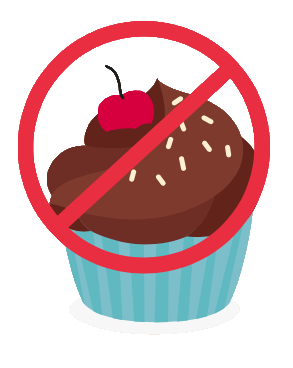
7. Optimize your Diet
We often underestimate the power of nutrition in keeping us healthy. Here are some tips on how to optimize your diet for increased breast health:
- Increase your intake of healthy fats.
Essential fats such as omega-3s found in flaxseeds and fish oils are an important component of cellular function, and have an overall inhibitory effect on breast cancer cells. Trans fats (hydrogenated oils) found in mararines and deep-fried foods are thought to increase the risk for cancer and should be eliminated from your diet. - Eat at least 5-10 servings of fruit and vegetables per day.
Fruit and vegetables are a rich source of nutrients and disease-fighting phytochemicals that act as antioxidants and have other cancer-protective properties. Broccoli, kale, cabbage, Brussel sprouts, and cauliflower all help with the transformation of bad estrogens into more favourable forms of estrogen. - Reduce your consumption of meat.
Both dairy and meat can increase insulin-like growth factor which can up your risk for developing breast cancer. Research shows that countries with the highest rates of breast cancer coincide with the highest intake of cheese, meat, and alcohol. - Reduce your sugar intake.
Keeping your insulin levels low will keep your breasts healthy. - Increase your fibre intake.
Add chia, flax, and legumes to cleanse any excess estrogen. A healthy goal is to aim for 45 g of dietary fibre per day. - Supplement your diet with antioxidants.
Antioxidants such as vitamins C, E, A, and minerals such as selenium and zinc work to combat cellular damage caused by free radicals. - Drink green tea.
Greenteamayprotect DNA by its ability to quench free radicals. It is recommended for both
a general cancer prevention program and for the prevention of breast cancer.

8. Maintain a Healthy Body Weight
When you have excess body fat, your body can produce extra hormones which may impact your breast health. Follow the above nutritional guidelines, sweat daily, and make time to regulate your nervous system to maintain a healthy body weight.
By incorporating these diet and lifestyle tips, you can minimize the risks of breast-related illness and live a healthier life. Here’s to your health.







